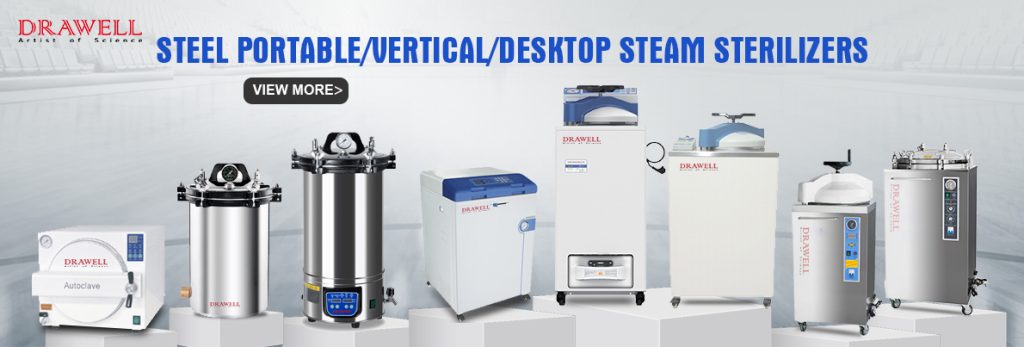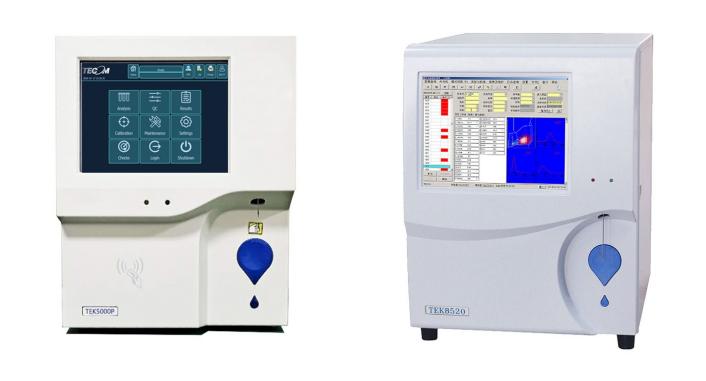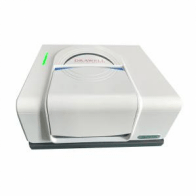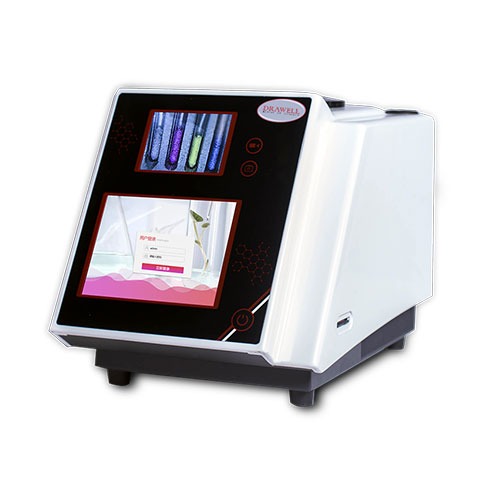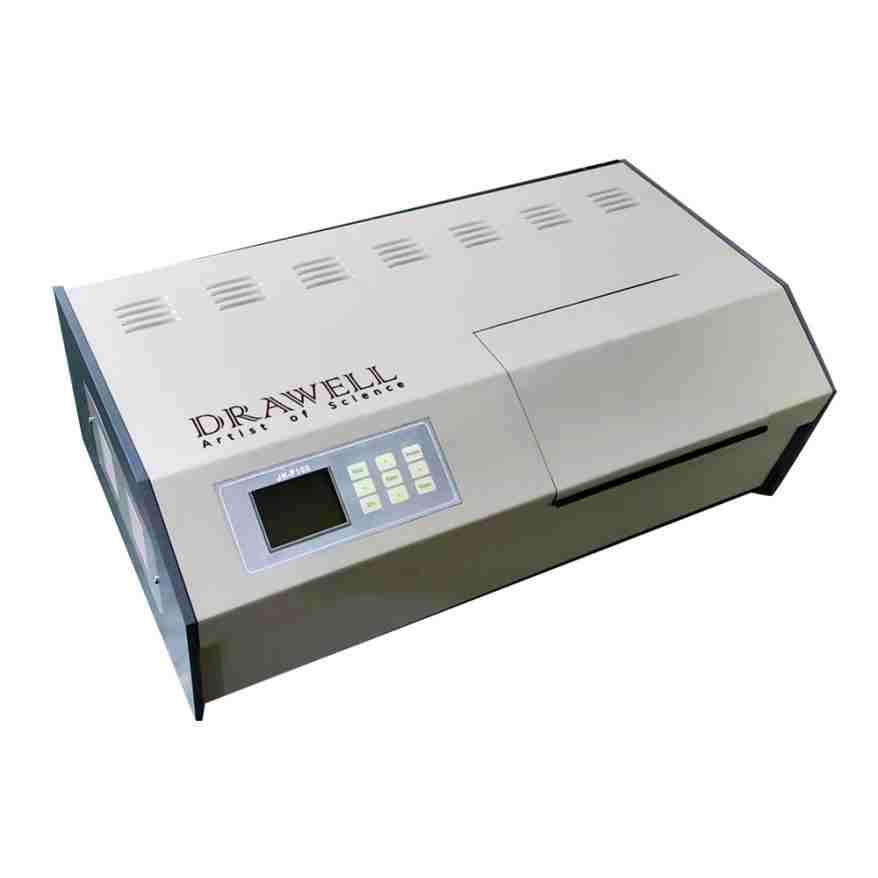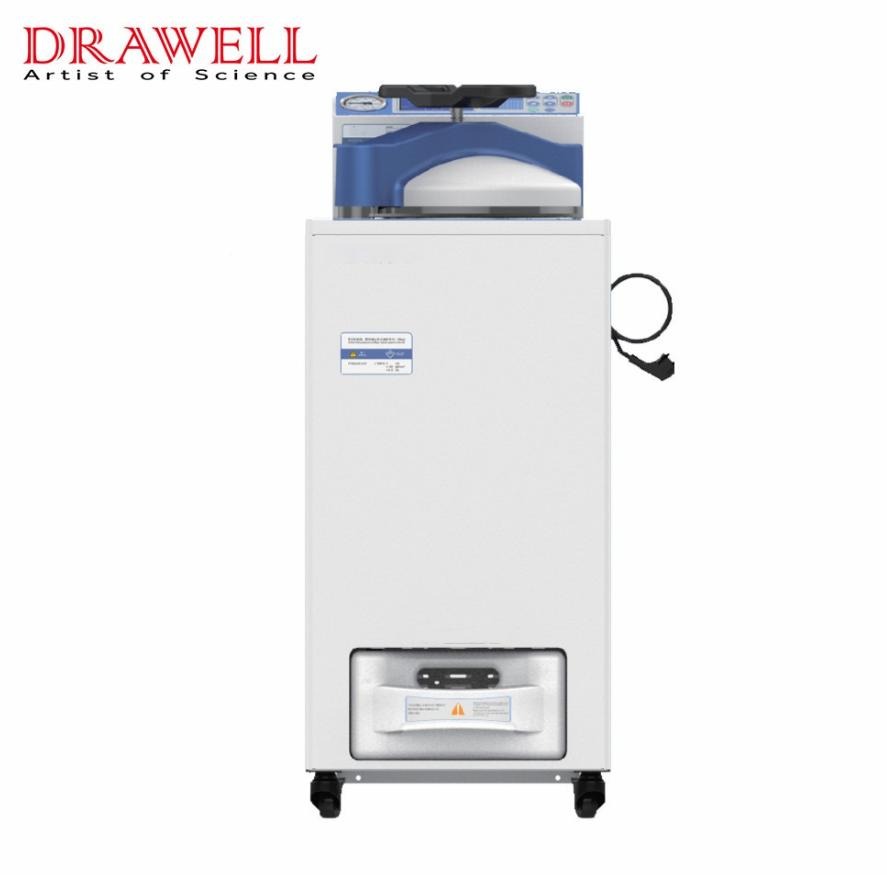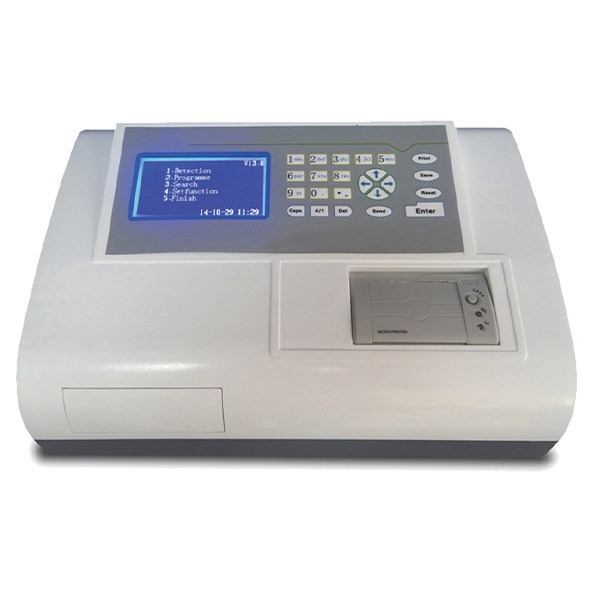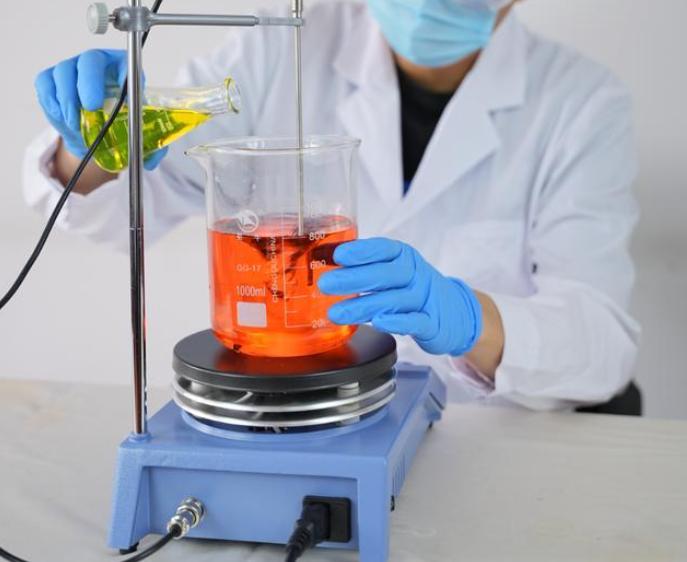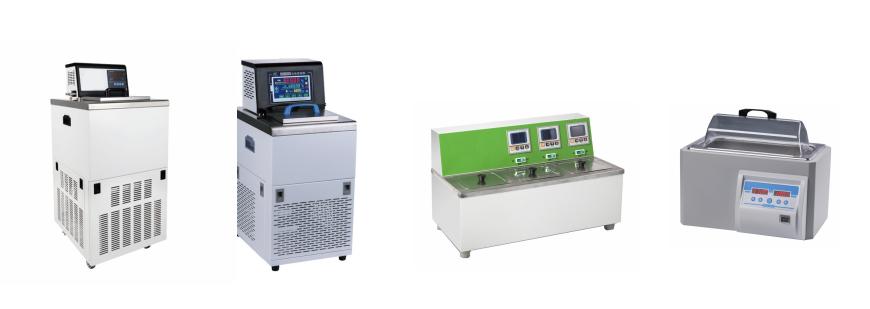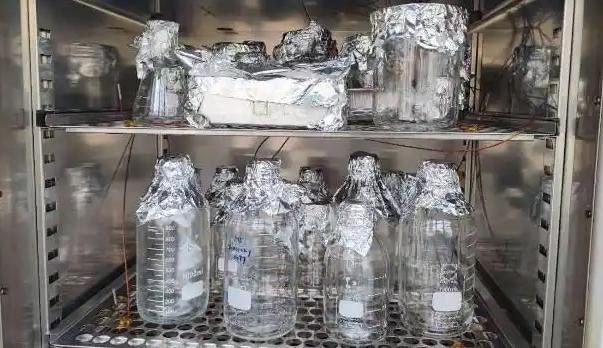News
Sterilization Effect of Autoclave: Influencing Factors and Verification Methods
As the core sterilization equipment in the medical, laboratory and pharmaceutical industries, the sterilization effect of the autoclave is directly related to the safety of the equipment and the reliability of the experimental results. According to statistics, there are more than 500,000 cases of hospital infection caused by incomplete sterilization each year in the world, of…
3-Part vs 5-Part: How to Choose a Suitable Auto Hematology Analyzer
Auto hematology analyzers are essential tools in modern medical diagnostics. They provide crucial data for the screening and monitoring of diseases such as anemia, infections, and leukemia through rapid and accurate blood cell analysis. With the rapid development of science and technology, blood cell analysis technology has also shifted from the three-part hematology analyzer of a…
Common Problems and Precautions in the Operation of FTIR Spectrophotometer
Fourier transform infrared spectrometer (FTIR) is a key tool in the fields of materials science, chemical analysis, etc., which can reveal the molecular structure information of samples through infrared absorption spectra. However, in actual operation, the stability of instrument performance and the quality of the spectrum are highly dependent on the standardization of operation and detailed…
How Melting Point Meters Realize Analyzing Multiple Samples Simultaneously
The field of melting point determination has experienced remarkable advancements, particularly in instruments designed to analyze multiple samples simultaneously. These innovations are transforming the landscape of laboratory testing, offering laboratories the ability to process larger volumes of samples in a more efficient, accurate, and cost-effective manner. With growing demand for higher throughput, precision, and automation, multi-sample melting…
How Polarimeters are Applied in Pharmaceutical Quality Control
Polarimeters are indispensable tools in pharmaceutical quality control, widely used to analyze the optical properties of chiral compounds. These instruments measure optical rotation, a property of optically active substances that rotate polarized light. Since many active pharmaceutical ingredients (APIs) and drugs are chiral, polarimetry plays a critical role in ensuring the safety, efficacy, and consistency of…
What Makes Fully Automatic Vertical Autoclave So Reliable
In today’s demanding healthcare, pharmaceutical, and research environments, sterilization is paramount. The fully automatic vertical autoclave is a device that can use high-temperature and high-pressure steam to efficiently sterilize various items. The emergence of this sterilizer has greatly improved the efficiency and accuracy of sterilization, ensuring medical safety and the accuracy of experimental results. But what…
How to Improve the Sensitivity and Accuracy of ELISA Microplate Readers
The Enzyme-Linked Immunosorbent Assay (ELISA) is one of the most widely used techniques in laboratories for detecting and quantifying substances such as proteins, peptides, antibodies, and hormones. Central to the ELISA process is the microplate reader, an instrument that plays a pivotal role in determining the results. Ensuring that the ELISA microplate reader delivers high sensitivity…
Choosing the Best Lab Mixers for Every Experiment
Whether it is an experiment in the fields of chemistry, biology or physics, the mixer plays a key role in the mixing and stirring of samples. It can ensure that various substances are mixed evenly, thereby ensuring the accuracy and repeatability of the experimental results. A suitable laboratory mixer can greatly improve the efficiency of the…
Customize Water Baths for Different Industrial Applications: Why and How?
Water baths are indispensable tools in laboratories and industrial processes, offering precise temperature control for various applications. While standard water baths are effective for general use, the need for customization arises when industries face unique requirements. Custom water baths tailored to specific applications can enhance efficiency, safety, and compliance with industry standards. What Are Water…
How to Sterilize Glassware in the Lab
In the laboratory environment, glassware is a common experimental tool, such as test tubes, flasks, petri dishes, etc. Due to the accuracy and reliability requirements of the experiment, these glassware must be strictly sterilized before use to eliminate possible microorganisms and prevent interference with the experimental results. The quality of sterilization is directly related to…


